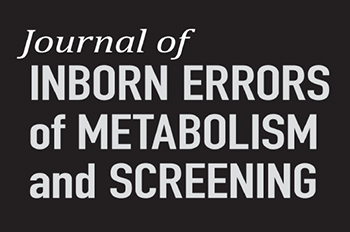Abstract
Since 1992, Chile has had a Newborn Screening Program for Phenylketonuria (PKU), which currently has an incidence of 1:18,916 newborns. The objective of the current study was to describe the 2020 follow up of the Chilean PKU cohort. The variables analyzed were: nutritional status, dietary compliance and neuropsychological functioning. We conducted a descriptive cross-sectional statistical analysis. The 271 subjects with PKU had an average age of diagnosis of 17±8 days and a phenylalanine (Phe) level of 1122±546 umol/L. Approximately 80% of protein requirement came from a protein substitute. For those <18 years of age, 80% had good dietary compliance with Phe level between 120-360 umol/L and those >18 years had a median of 522 umol/L (95%CI 468 - 636). Forty-four percent of the active PKU cohort had overweight/obesity. Eighty-five percent of the cohort >4 years of age had a normal intelligence quotient (IQ) (score 80-120). We observed a negative correlation (p <0.001; 95% CI: - 0.5, -0.2) between IQ score and Phe level. The Chilean protocol and protein substitute subsidy for life, together with the follow-up and continuous education carried out by the clinical team has encouraged compliance.
Keywords
Phenylketonuria; Chilean protocol; Phenylalanine; Newborn Screening

 Thumbnail
Thumbnail
 Thumbnail
Thumbnail
 Thumbnail
Thumbnail
 Thumbnail
Thumbnail



